Having a job that involves saving lives, homes and property can be fulfilling, but there are days when it can also be distressing. These are the days when some fire fighters/paramedics may turn to alcohol to wash away traumatic memories.
If you’re a fire fighter or paramedic — or anyone else, for that matter — who wants to make sure you don’t fall into the grips of alcoholism, there are several strategies that can help you drink responsibly or even stay sober. Furthermore, if you’re currently in recovery for alcohol addiction, it is necessary to completely avoid alcoholic beverages to maintain your sobriety.

1. Don’t Keep Alcohol at Home
Having alcohol at home makes it easy to drink without accountability, especially if you live alone or have a tendency to drink privately. By keeping your house alcohol-free, you can lower the chances of alcohol abuse in the form of emotional drinking or drinking out of boredom. Try to limit your drinking to social occasions in public places with someone you can trust to help you set limits.
2. Know Your Limits
According to the National Institute on Alcohol Abuse and Alcoholism, low-risk alcohol consumption equates to four or fewer drinks (14 grams of pure alcohol = one drink) in one day and fewer than 14 drinks per week for men. It’s important to note these guidelines DO NOT apply to those who meet criteria for alcohol use disorder, are in recovery, or have a strong family history of alcoholism. For women, recommended guidelines equate to three or fewer drinks per day and no more than seven drinks a week. However, variables, such as weight and age, may cause you to have a lower alcohol tolerance than these low-risk guidelines. As a way to keep track of your alcohol consumption, use a drink tracker card or app.
3. Make Friends Who Don’t Drink
Think about your friends and ask yourself, “Are all or most of my friends also my drinking buddies?” If so, you might need to make a change if you want to decrease the chances of alcohol abuse, or stay sober in your in recovery. Try making friends who don’t drink at all, or spending more time with the ones who don’t drink often. After all, it’s easy to drink recklessly if you have friends to do it with you. If you socialize with people who don’t drink or don’t drink often, you may be less likely to consume alcohol yourself, or have less than usual.
4. Find a Support Group
Joining a support group such as Alcoholics Anonymous (AA) can help reduce your chances of alcohol dependence or help you get sober again. This group is intended for anyone who has current or previous struggles with alcoholism or alcohol abuse by creating opportunities for friendships, a support system and accountability partners to help you keep your drinking in check. Regardless of the severity of your alcohol use, consider a recovery support group.
5. Enroll in Treatment
If you think you need professional help for alcohol abuse, the IAFF Center of Excellence offers treatment to help you regain control of your life. The Center also provides programs for alcohol addiction, in addition to other substance abuse disorders. The Center offers 18-month aftercare monitoring post-discharge to help you stay on track with recovery while keeping up with the demands of your job. Call today to speak with someone who’s been where you are and can walk you through the process of treatment and recovery.
Whether you choose to never start drinking, never drink again or make a conscious effort to drink responsibly, it is possible to live a life that isn’t ruled by alcohol abuse or addiction. The IAFF Center of Excellence is designed for IAFF members and staffed with professionals who are specially trained in the area of addiction, with treatment customized to meet your needs.
Medical Disclaimer: The IAFF Center of Excellence aims to improve the quality of life for people struggling with a substance use or mental health disorder with fact-based content about the nature of behavioral health conditions, treatment options and their related outcomes. We publish material that is researched, cited, edited and reviewed by licensed medical professionals. The information we provide is not intended to be a substitute for professional medical advice, diagnosis or treatment. It should not be used in place of the advice of your physician or other qualified healthcare provider.




